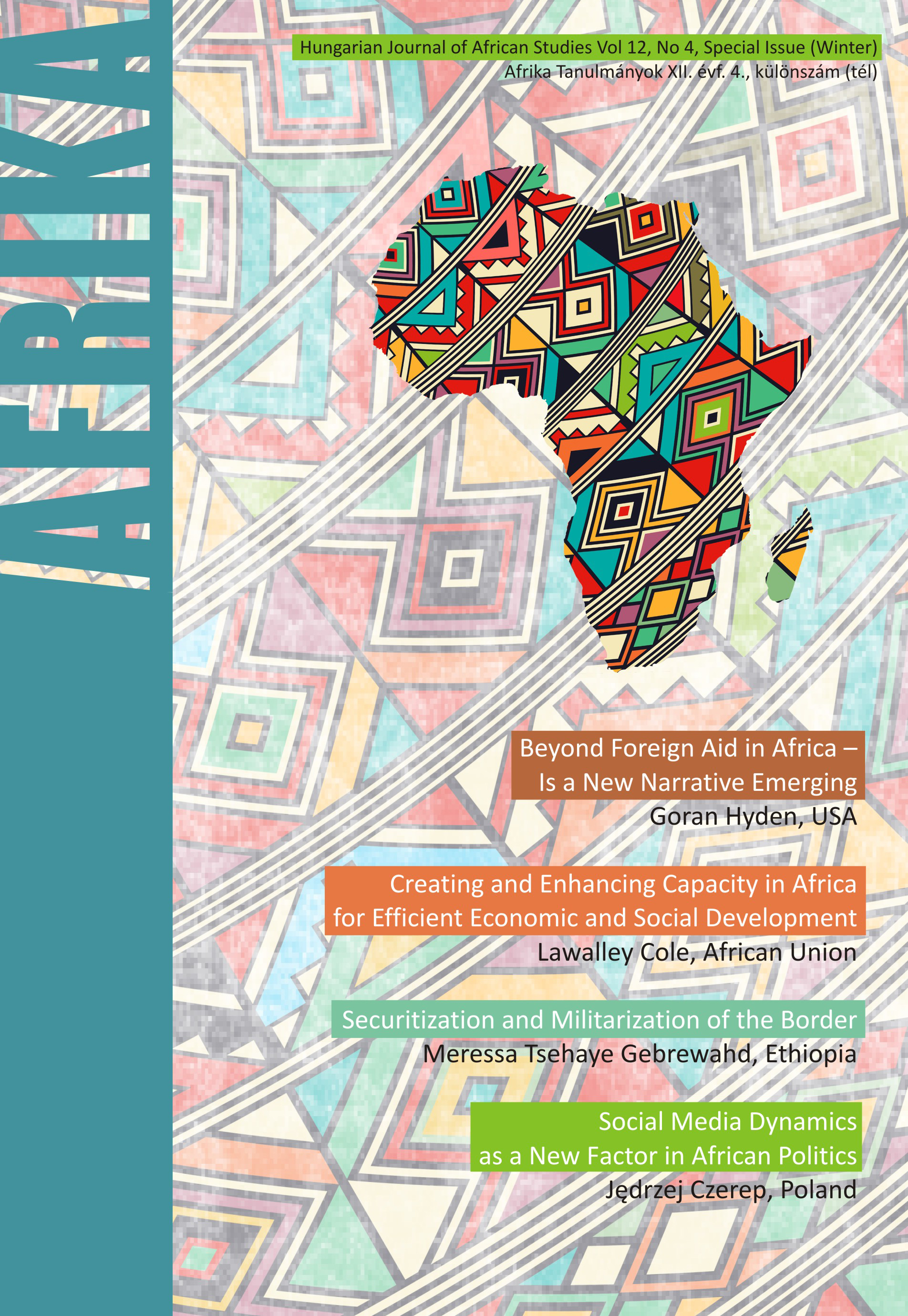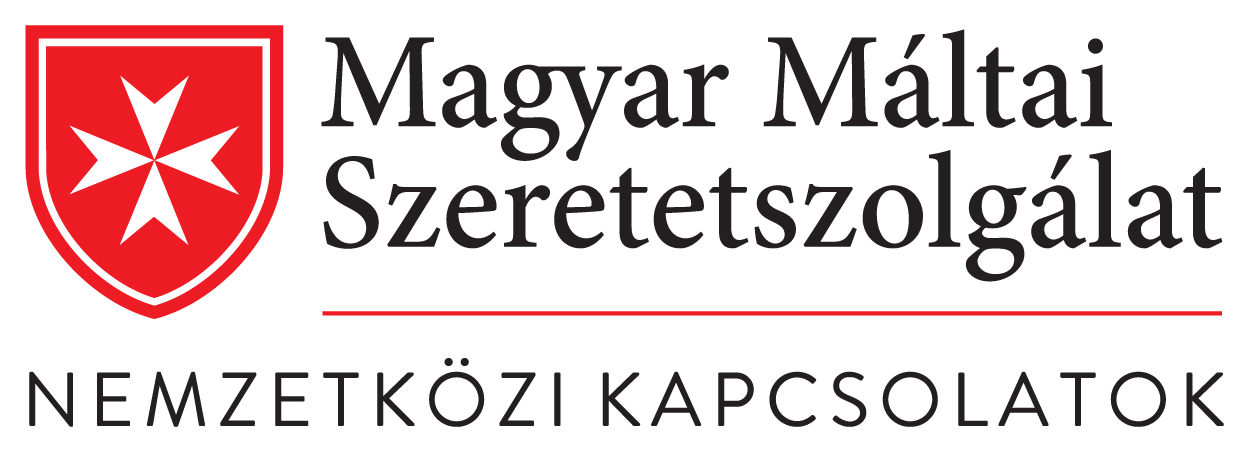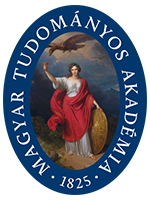Az új valutaleértékelődési hullám Afrikában – Vajon a leértékelt birr segíteni fogja a kávéexportot?
DOI:
https://doi.org/10.15170/AT.2018.12.4.7Kulcsszavak:
Valuta leértékelés, Etiópia, Birr (ETB), Export, InflációAbsztrakt
Annak ellenére, hogy a valutaleértékelések hosszú távon valószínűleg negatív hatással lesznek a gazdaságra, Etiópia 2017-ben 15 százalékkal leértékelte nemzeti valutáját, a birrt (ETB). Ezt a lehetőséget abban a reményben választották, hogy ezzel több külföldi befektetést vonzanak, csökkentik az importszámlákat, javítják a folyó fizetési mérleg hiányát és fellendítik a kávéágazat exportját. Néhány hónappal később a hatás ígéretesnek tűnik, mivel egyes területeken az export fellendült. Hangsúlyozni kell azonban, hogy az importált áruk árai emelkedhetnek, a fizetési mérleg hiánya szélesedhet, és az infláció is nőhet. A tanulmány célja, hogy jobban rávilágítson a valutaleértékelések rövid és hosszú távú hatásaira a fejlődő országokban, különös tekintettel Etiópiára. Emellett a közelmúltbeli etiópiai intézkedést részletesebben is igyekszik elemezni, kiemelve az exportbevételekre, az importszámlákra, a fizetési mérlegre és a kávéágazat általános versenyképességére gyakorolt hatásokat.
Downloads
Megjelent
Hogyan kell idézni
Folyóirat szám
Rovat
License

This work is licensed under a Creative Commons Attribution-NonCommercial-NoDerivatives 4.0 International License.
















